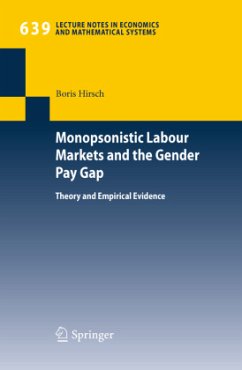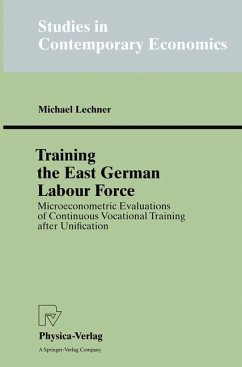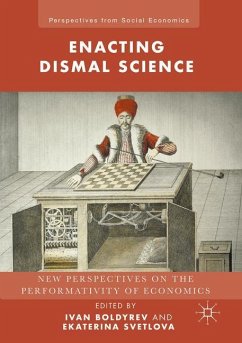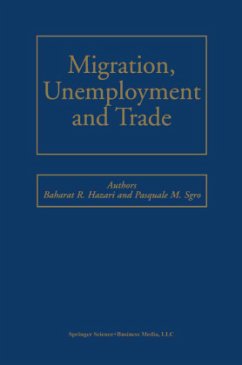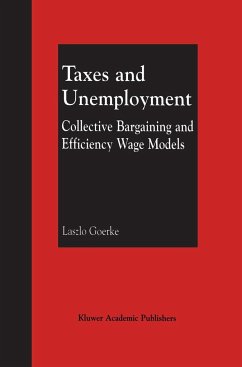
The Marriage Motive: A Price Theory of Marriage
How Marriage Markets Affect Employment, Consumption, and Savings
Versandkostenfrei!
Versandfertig in 6-10 Tagen
38,99 €
inkl. MwSt.
Weitere Ausgaben:

PAYBACK Punkte
19 °P sammeln!
While this book contains numerous facts and empirical findings and touches on policy issues, its main contribution to the existing literature lies in the theoretical perspective it offers. The core of this book is a general equilibrium theory of labor and marriage presented in Chapter 2, which provides the conceptual framework for the rest of the chapters. Two major implications of the theory are sex ratio effects and compensating differentials in marriage. The book demonstrates how a few core concepts, linked via economic analysis, help explain a multitude of findings based on statistical ana...
While this book contains numerous facts and empirical findings and touches on policy issues, its main contribution to the existing literature lies in the theoretical perspective it offers. The core of this book is a general equilibrium theory of labor and marriage presented in Chapter 2, which provides the conceptual framework for the rest of the chapters. Two major implications of the theory are sex ratio effects and compensating differentials in marriage. The book demonstrates how a few core concepts, linked via economic analysis, help explain a multitude of findings based on statistical analyses of data from a wide variety of cultures. It is hoped that readers of this book will improve their understanding of how marriage works to help us design better economic and social policies as well as help people live better and happier lives, making the book of interest to not only economists but sociologists and anthropologists as well.







